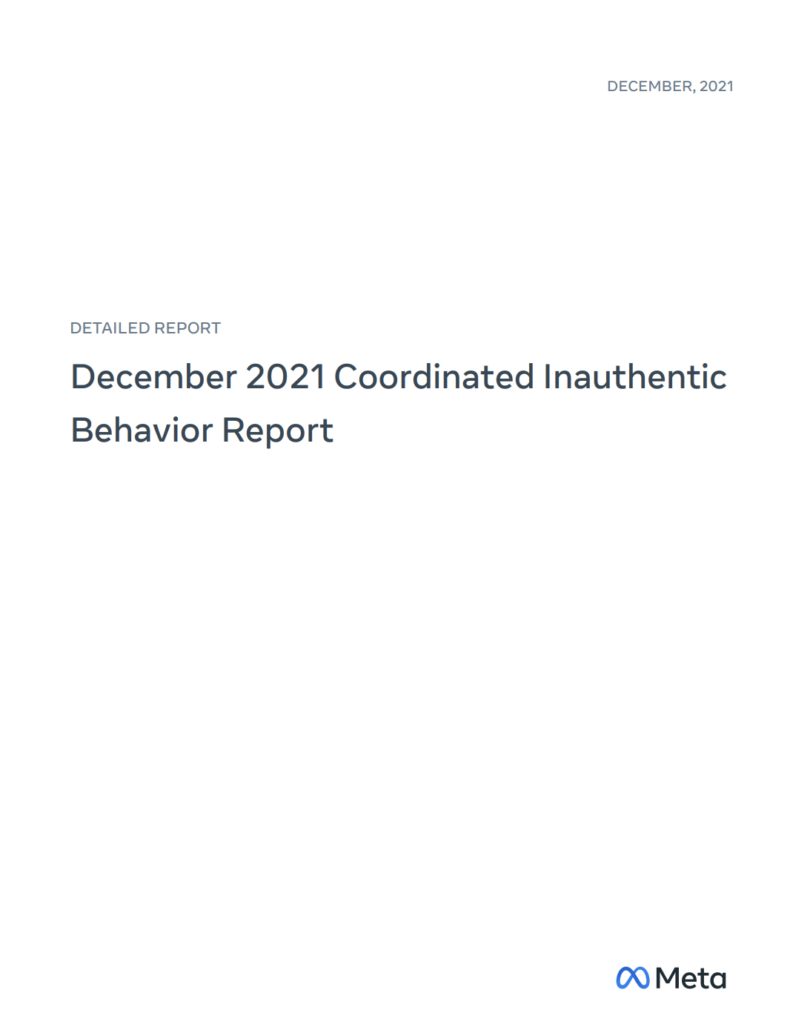US media reported last month that Russia’s domestic intelligence agency FSB created a tool known as “Fronton,” which allows for “coordinated inauthentic behavior on a massive scale.” According to a report by CyberScoop:
May 19, 2022 In March 2020, a Russian hacktivist group published a dozen documents showing that the Russian Federal Security Service was seeking technology to create an Internet of Things botnet capable of temporarily disabling the internet in entire countries. A flurry of news stories covered the documents that the hacking group calling itself “Digital Revolution” released, which exposed a project known as “Fronton” that was an alleged tool for carrying out massive distributed denial-of-service (DDoS) attacks that flood targeted networks or computers with phony traffic to render them inaccessible. But DDoS was actually just one of several functions of the tool, researchers with cyber intelligence firm Nisos said in an analysis published Thursday, noting that the tool also allow for “coordinated inauthentic behavior on a massive scale” through an online dashboard called SANA that enabled users “to formulate and deploy social media events en masse.” A live instance of the SANA application appears to still be online, the researchers said, hosted by 0day technologies, one of the original developers involved in the project. The instance is possibly a testing or demo site, and is likely not in use by the Federal Security Service (FSB), they note.
The Global Influence Operations Report has extensively covered Russia’s attempts to manipulate and spread disinformation on social media through coordinated inauthentic behavior and bots. Recent GIOR reporting has included:
- In May, we reported that the Russian troll farm “Cyber Front Z” has targeted some of the world’s most prominent electronic musicians to spread war misinformation and support for Putin’s invasion of Ukraine.
- In March, we reported that Russia was likely behind a viral Twitter thread claiming to show Ukrainians torturing each other.
- In February, we reported that Facebook had taken down 40 profiles tied to a Russian/Belarusian disinformation operation, saying the profiles were a small part of a larger persona-building operation that spread across Twitter, Instagram, Telegram, and Russian social networks.












